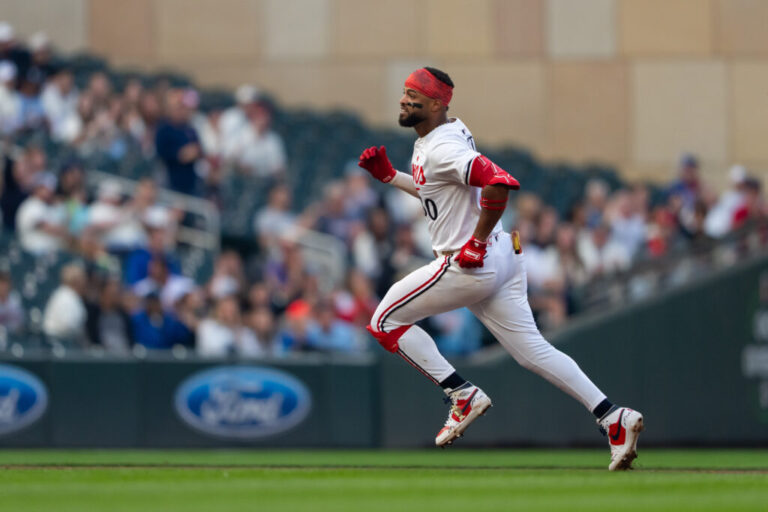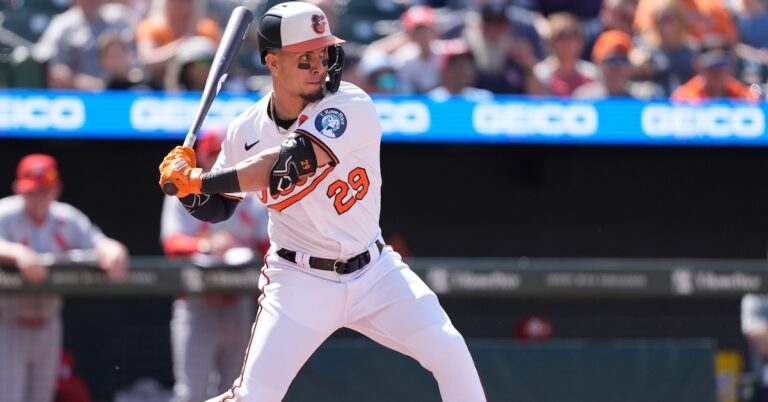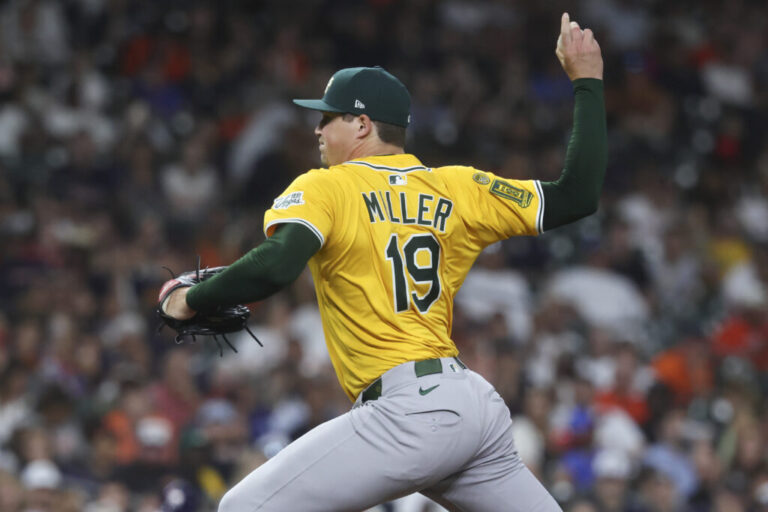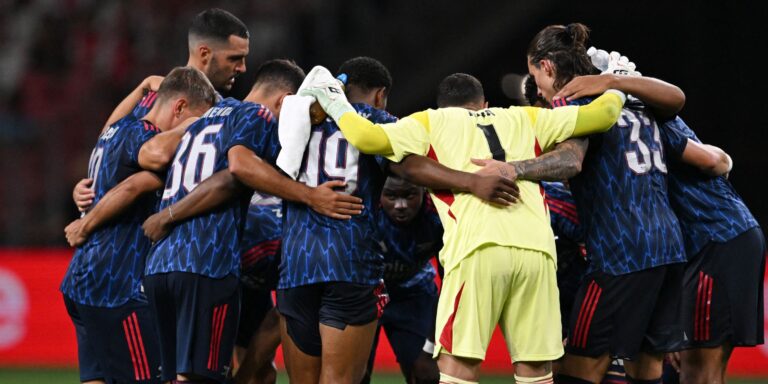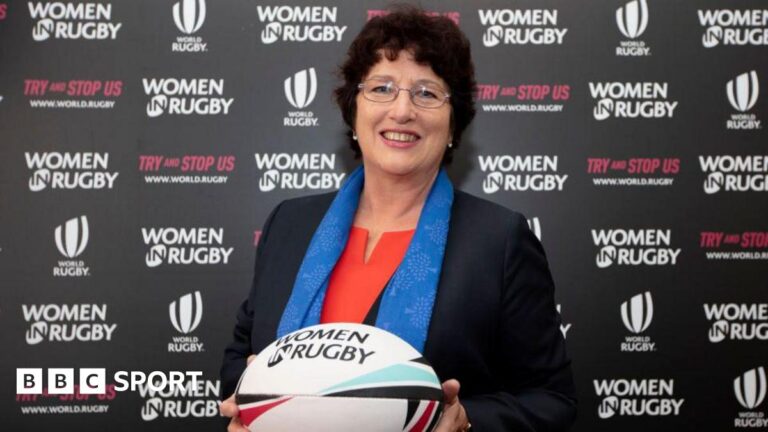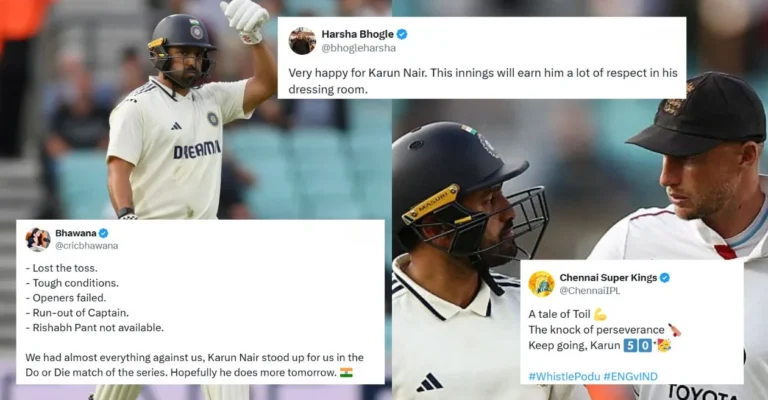

This newsletter is devoting several months to an examination of past greatness. It’s focusing on history’s top 50 ballclubs — collectively known as the Best 50 — as determined by my new book, Baseball’s Best (and Worst) Teams. We’ve reached No. 19 on the all-time list, the 1968 Detroit Tigers.
Here’s a quick boilerplate explanation that I’m appending to every story in this series:
I compiled the Best 50 by analyzing 2,544 major-league teams from 1903 to 2024. Those clubs have been ranked by their team scores (TS), which are plotted on a 100-point scale. (A given club’s all-time percentile is the percentage of the other 2,543 teams that it outperformed.)
See my book for an explanation of my TS calculations. The book also offers separate breakdowns of the best and worst clubs for every decade and franchise, comprehensive profiles of the Best 50 (including position-by-position lineups and much more information than you’ll find in this newsletter), and similar summaries of the 10 worst teams of all time.
Now on to today’s profile.
-
Team: 1968 Detroit Tigers
-
Team score: 88.413 points
-
All-time rank: 19 of 2,544
-
All-time percentile: 99.29%
-
Season record: 103-59 (.636)
-
Season position: First place in American League
-
Final status: World champion
The Tigers let the American League pennant slip through their hands in 1967. They held a one-game lead as late as September 16, but sputtered to a 6-7 record in the 13 remaining games. Their consolation prize was a second-place tie with the Minnesota Twins.
The mistake wasn’t repeated in 1968. Detroit seized permanent control of first place on May 10 and widened its AL lead to 9.5 games by the All-Star break. The rest of the season was a breeze.
Considerable credit went to Denny McLain, the starting rotation’s ace. McLain achieved his 20th victory on July 27 and steamed to a 31-6 mark by the end of the year. He was the first pitcher to reach 30 wins since Dizzy Dean in 1934. Nobody has equaled his feat since.
The brash McLain frequently bragged about himself, though he spoke with equal enthusiasm about his teammates. “Nobody will come close to us,” he predicted in the spring. “We should win this thing by six or seven games.” The final margin was 12 games.
Get the complete lowdown on the 50 greatest (and 10 weakest) clubs of all time
The Cardinals entered the World Series as defending world champs, and they were determined to repeat. St. Louis raced to three wins in the first four games, and it took a 3-2 lead into the seventh inning of Game Five. Only nine outs stood between the Cards and another title.
Detroit right fielder Al Kaline singled home a pair of runs to snatch victory from defeat. His hit gave new life to the Tigers, who roared back to win the final two games, 13-1 and 4-1, and claim the World Series trophy.
Denny McLain suffered two losses in the series. Staffmate Mickey Lolich covered for him with three victories, all complete games. Kaline and another outfielder, Jim Northrup, led Detroit with eight RBIs apiece.
A new installment will arrive in your email each Tuesday and Friday morning
Denny McLain emerged as the unrivaled star of the 1968 Tigers. His 31 victories outdistanced the American League’s runner-up by nine. McLain worked quickly on the mound, an efficient style his teammates appreciated. They weren’t so crazy about his ego. “Frank Sinatra doesn’t give a damn about anything, and neither do I,” McLain said. He sometimes tried to be diplomatic, though nobody was fooled. “Don’t be humble, Denny. Just be yourself,” pitcher Joe Sparma shouted on one occasion.
Portly Mickey Lolich, who called himself “the beer drinker’s idol,” was a dependable sidekick in the rotation. Lolich went 17-9, though he was such a free spirit that even McLain thought he should be reined in. “Lolich was blessed with one of the finest arms I’ve ever seen,” McLain said. “Too bad the good lord didn’t give him more of an ability to think on the mound.”
Hard-nosed catcher Bill Freehan capably handled Detroit’s eccentric pitchers, winning a Gold Glove in the process. Left fielder Willie Horton blasted 36 home runs, the best total on the club and second-best in the league. Freehan and first baseman Norm Cash chipped in with 25 homers apiece.
Future Hall of Famer Al Kaline reached a milestone in April 1968, playing in his 2,000th game. But the right fielder was sidelined by a broken arm in May. Replacement Jim Northrup performed capably. “RBIs are more important than batting averages,” declared Northrup, who backed his words with a team-leading 90 runs batted in. Kaline rotated between left, right, first base, and pinch hitting upon his return.
